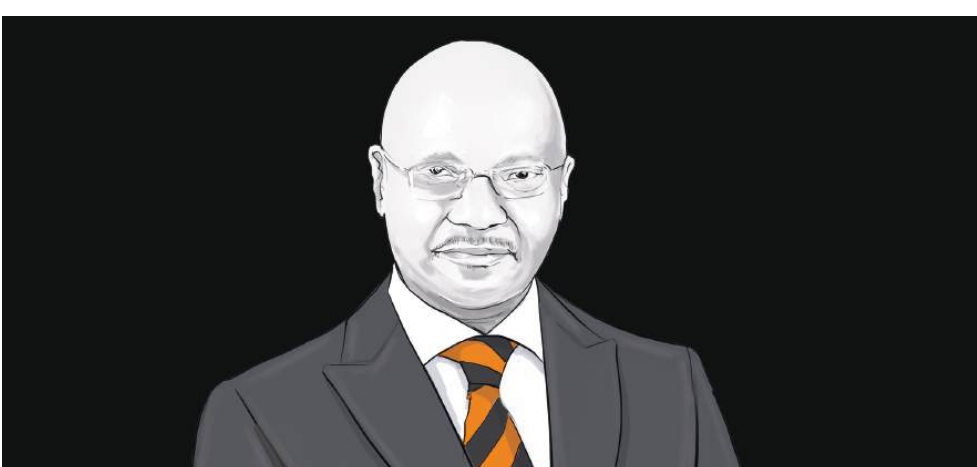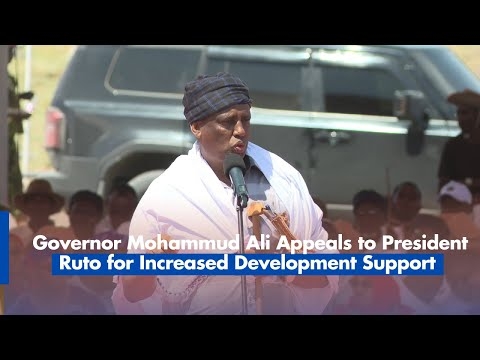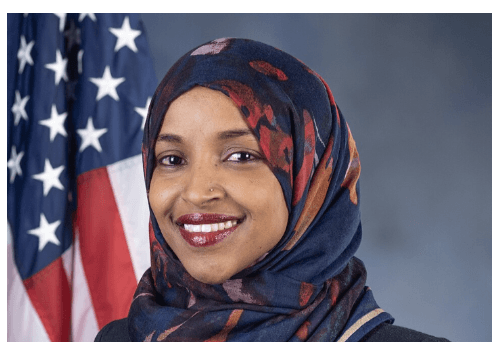

On
the morning of August 15, 2022, at about 3 am, then electoral commission chairperson Wafula
Chebukati received special visitors at the so-called national tallying centre
in Bomas.
Two of the visitors were experienced politicians and one a distinguished professional in his craft. The most senior of them was not just a senior counsel, he was a long-serving titular head of the bar and a retired senator.
Below him was a former Cabinet Minister and MP who had served in several high-profile ministries. The last of them was a demure legal professional who excelled in practice, academia and adjudication.
According
to Chebukati, the two politicians wanted him to moderate election results, with
one specifically asking for moderation “in favour of Baba.”
The professional did not speak at the meeting. To this date and other than keeping the company of the two politicians, we have never known what role the professional played in this mission.
Chebukati reportedly ignored their entreaty, alongside a subsequent one by a delegation of the National Security Advisory Committee. In the aftermath of the drama, the IEBC chief put everything on paper, a sworn affidavit.
Their names were flayed out there as the persons who attempted to subvert the will of the people. This had significant risks, noting that there was a new government in power, which they were being accused of sabotaging.
Of the two politicians, one denied everything and offered a version of events which portrayed the team as defenders of the people’s will. The more experienced of them opted to let the sleeping dogs lie and to enjoy their retirement.
The
professional was left to his devices with a spoiled name, unable to move forward
or backwards. Two weeks ago, the professional advocate Kyalo Mbobu was shot
dead not far away from the theatre of the August 15, 2022, rendezvous.
The circumstances and manner of his execution were heart-rending. A father, employer, benefactor, officer of the court and senior citizen, Mbobu woke up as usual, reported to work, stepped out for morning mass, lunched with friends and worked until 5 pm.
He was on his way back home when he was pumped with eight bullets. Until now, the motive of the people who killed him has not been established.
Soon thereafter, wild theories emerged, dominating headlines and overtaking the criminality involved. For a moment, the country was lured away from the ignominy of an extralegal killing.
Focus was instead placed on the Advocates' pending bills, liabilities with a faint suggestion that they may have contributed or justified his killing.
The Law Society of Kenya to which Mbobu was a distinguished member, staged nationwide protests demanding speedy investigations. The demands were enveloped by the narrative already affixed on the national psyche.
On Wednesday last week, family, friends, colleagues and neighbours gathered in the scenic Mua Hills, Machakos to bury Mbobu. A week later, the country appears to have “moved on” with the fact of an illustrious advocate being killed in broad daylight.
More worrying, however, is the deafening silence of the political class on whose dawn mission Mbobu risked his good name. There was not even a feeble attempt at demanding justice for his unlawful killing.
They neither attended his funeral service nor his burial. Their voice would have been critical in pushing the levers of power into taking the matter with the seriousness it deserves.
Political
pressure is critical in the quest for justice. A few months ago when Kasipul MP
Charles Were was killed in similar circumstances, political leaders strongly
condemned the murder, and demanded the arrest of his killers.
Within
days, suspects had been nabbed and the murder weapon seized. In Mbobu’s case,
the excuse was that CCTV cameras did not cover murder area. Yet a TV station
was able to retrieve CCTV footage of his movements earlier in the day.
The political class deserted Mr Mbobu. It is not for nothing that professionals are advised to use a long spoon when dealing with politicians.
















